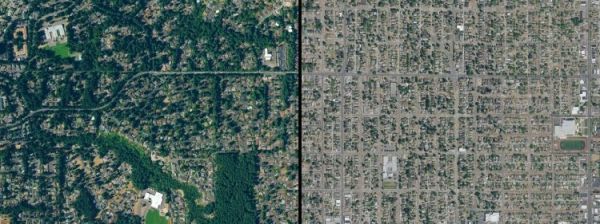Social inequalities, specifically racism and classism, are impacting the biodiversity, evolutionary shifts and ecological health of plants and animals in our cities.
That’s the main finding of a review paper led by the University of Washington, with co-authors at the University of California, Berkeley, and University of Michigan, which examined more than 170 published studies and analyzed the influence of systemic inequalities on ecology and evolution. Published Aug. 13 in Science, it calls on the scientific community to focus on environmental justice and anti-racism practices to transform biological research and conservation.
“Racism is destroying our planet, and how we treat each other is essentially structural violence against our natural world,” said lead author Christopher Schell, an assistant professor of urban ecology at the University of Washington Tacoma. “Rather than just changing the conversation about how we treat each other, this paper will hopefully change the conversation about how we treat the natural world.”
The paper cites other studies that have found racism and other inequalities are reducing biodiversity, increasing urban heat island effects and augmenting impacts of climate crises across the United States.
Continue reading at University of Washington
Image via University of Washington




